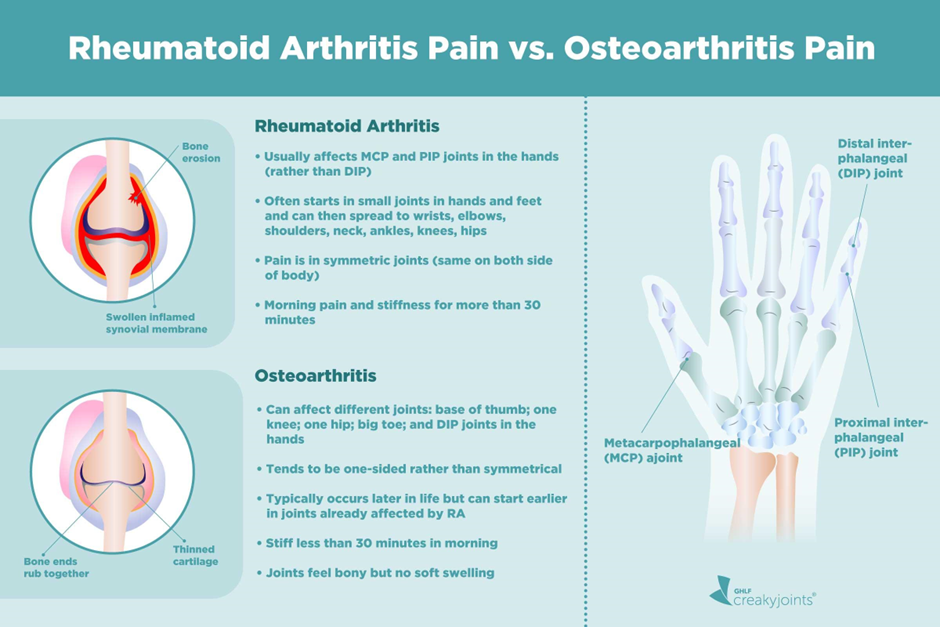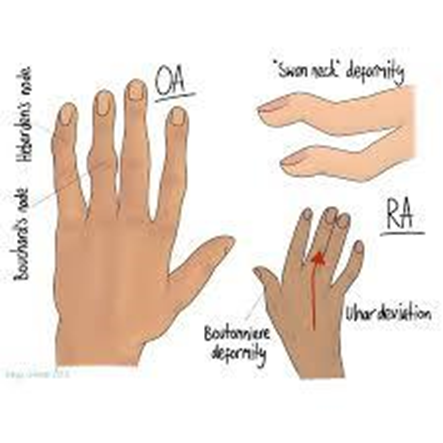A patient tells the nurse he has started experiencing erectile dysfunction since beginning treatment for hypertension. Which statement by the nurse is most appropriate?
You can start taking sildenafil (Viagra): this should fix the problem.
This is a normal side effect of the medication and you will get used to it.
I will talk to your doctor to see if adjustments can be made.
You should stop taking this medication immediately
The Correct Answer is C
A. You can start taking sildenafil (Viagra): this should fix the problem.: This is inappropriate advice for the nurse to give. The use of medications like sildenafil should be discussed with the physician, especially considering potential interactions with hypertension medications.
B. This is a normal side effect of the medication and you will get used to it.: While erectile dysfunction can be a side effect of hypertension medications, telling the patient they will "get used to it" is dismissive and not supportive.
C. I will talk to your doctor to see if adjustments can be made.: This is appropriate as it acknowledges the patient's concern and involves the healthcare provider to explore potential medication adjustments or alternatives.
D. You should stop taking this medication immediately.: This is incorrect and potentially dangerous. Stopping hypertension medication abruptly can lead to uncontrolled blood pressure and other serious issues.
Nursing Test Bank
Naxlex Comprehensive Predictor Exams
Related Questions
Correct Answer is B
Explanation
A. "I will avoid crossing my legs at the knees.": This is appropriate because crossing legs can reduce blood flow and increase the risk of blood clots, exacerbating PVD symptoms.
B. "I will wear stockings with elastic tops.": This indicates a need for further teaching. Stockings with tight elastic tops can constrict blood flow and are not recommended for patients with PVD. They should use graduated compression stockings if prescribed.
C. "I will use a thermometer to check the temperature of my bath water.": This is appropriate as it prevents burns in patients with reduced sensation due to PVD.
D. "I will not go barefoot.": This is appropriate to avoid injuries and infections, which can be problematic for individuals with PVD due to poor circulation.
Correct Answer is ["B","D","E"]
Explanation
A. Heberden nodes: These are bony swellings commonly seen in osteoarthritis, particularly affecting the distal interphalangeal joints of the fingers, not typically associated with rheumatoid arthritis (RA).
B. Early morning stiffness: RA is characterized by prolonged morning stiffness lasting more than 30 minutes, which improves with activity, distinguishing it from the short-lived stiffness seen in osteoarthritis.
C. Pain increasing by activity: This is more characteristic of osteoarthritis, where joint pain typically worsens with use and activity. RA pain often improves with movement as the joints "warm up."
D. Autoimmune disease: RA is an autoimmune condition where the body's immune system attacks its own tissues, leading to inflammation and joint damage.
E. Low-grade fever: Low-grade fever can be a systemic symptom of RA due to the autoimmune inflammatory process, which is not a feature of osteoarthritis.


Whether you are a student looking to ace your exams or a practicing nurse seeking to enhance your expertise , our nursing education contents will empower you with the confidence and competence to make a difference in the lives of patients and become a respected leader in the healthcare field.
Visit Naxlex, invest in your future and unlock endless possibilities with our unparalleled nursing education contents today
Report Wrong Answer on the Current Question
Do you disagree with the answer? If yes, what is your expected answer? Explain.
Kindly be descriptive with the issue you are facing.
